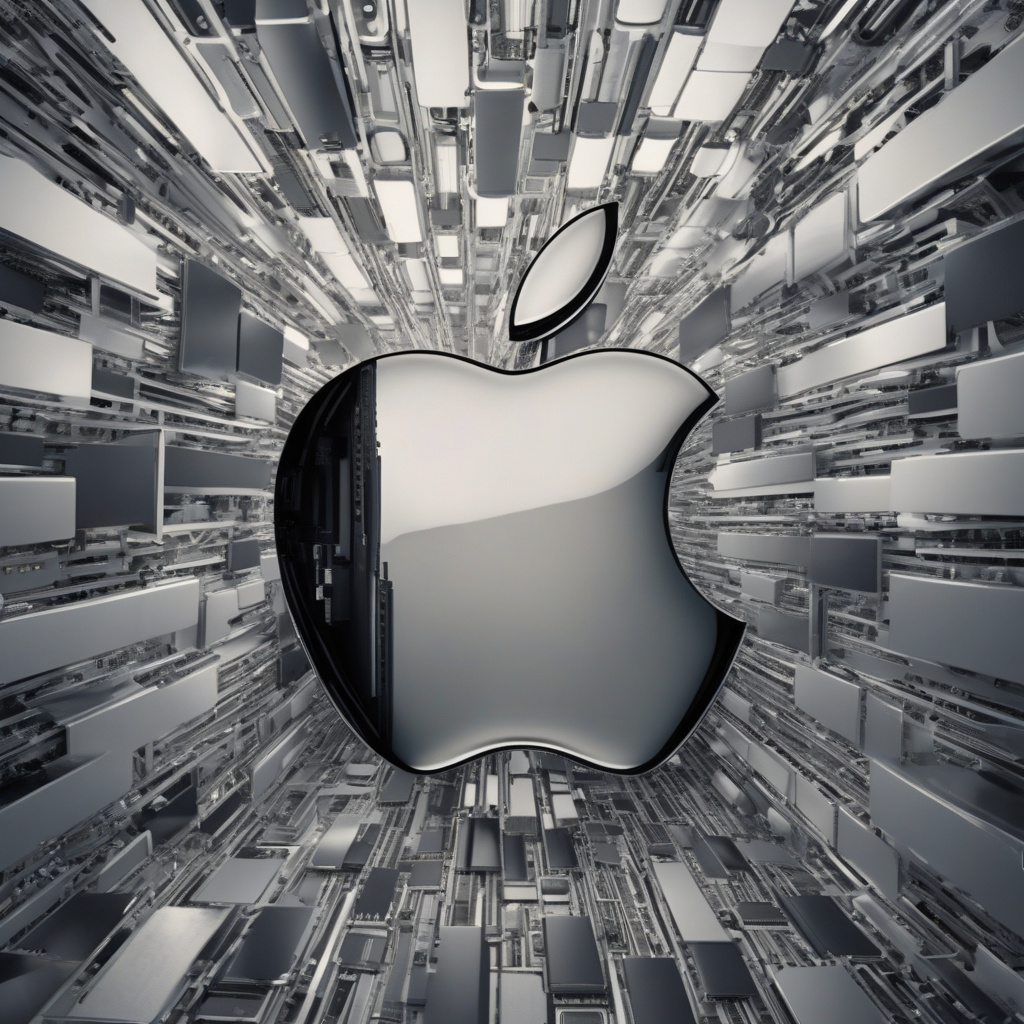Apple Challenges UK Government Over Encrypted iCloud Access Order
In a bold move that underscores the ongoing battle between tech giants and governments over user privacy, Apple has taken a stand against the UK government’s attempt to gain access to encrypted iCloud data. The tech behemoth’s decision to pursue legal action in response to the order signals a pivotal moment in the global conversation around data security and governmental oversight.
The UK court’s confirmation of Apple’s legal challenge comes amidst increasing pressure on technology companies to provide law enforcement agencies with access to encrypted data for investigative purposes. While governments argue that such access is crucial for combating crime and ensuring national security, tech companies like Apple maintain that creating backdoors into encrypted systems would compromise user privacy and security on a massive scale.
Apple’s stance against the UK government’s order is not an isolated incident but rather part of a broader trend of tech companies pushing back against what they see as government overreach. The debate over encryption and access to user data has been raging for years, with high-profile cases such as the legal showdown between Apple and the FBI in the wake of the San Bernardino terrorist attack bringing the issue to the forefront of public consciousness.
The crux of the matter lies in the fundamental clash between the rights of individuals to privacy and the need for governments to investigate and prevent criminal activities. While both sides of the debate have valid concerns, finding a middle ground that protects both privacy and security remains a significant challenge.
Apple’s decision to challenge the UK government’s order is not just a matter of principle but also a strategic move to protect its brand reputation and user trust. In an era where data breaches and privacy scandals are all too common, tech companies that prioritize user privacy are increasingly seen as champions of digital rights and ethical standards.
Moreover, Apple’s strong stance on privacy is not just about optics but is deeply ingrained in the company’s business model and marketing strategy. By positioning itself as a leader in user privacy and data security, Apple sets itself apart from competitors and cultivates a loyal customer base that values privacy as a core tenet of their digital experience.
As the legal battle between Apple and the UK government unfolds, the outcome will have far-reaching implications for the future of data privacy, encryption, and governmental access to user data. The case has the potential to set a precedent for how tech companies interact with governments around the world and could shape the landscape of digital rights for years to come.
In the tug-of-war between privacy advocates and law enforcement agencies, Apple’s challenge to the UK government’s encrypted iCloud access order is a pivotal moment that highlights the complexities and significance of the ongoing debate. As the case progresses through the legal system, all eyes will be on the outcome and its implications for the broader tech industry and the future of digital privacy.
privacy, encryption, data security, tech industry, digital rights












